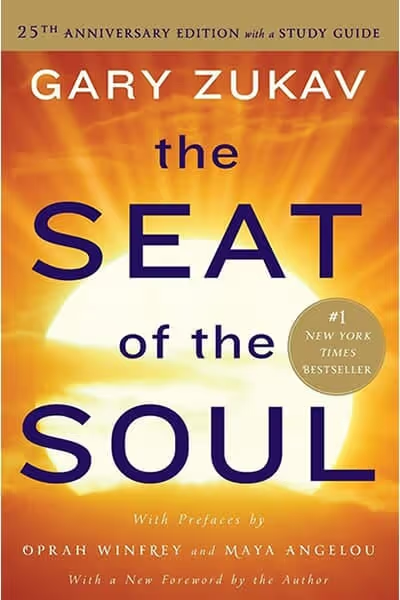Models. Behaving. Badly.
Emanuel Derman worked at Goldman Sachs as a quantitative analyst (Quant), one of the financial engineers whose computer models supplanted Wall Street traders' intuition. The economy suffered as a result of traders' dependence on such quantitative analysis, which triggered a sequence of financial crises that began in 2007 with the mortgage crisis and from which we are still recovering. Derman examines why people, particularly bankers, continue to place so much confidence in these models, and why this is such a bad idea. Despite the fact that financial models use mathematical language to approximate the manner of physics, they ultimately deal with people. Their resemblance obscures the underlying contrast between the goals and probable outcomes of the psychological and financial worlds. When we construct a human-scale replica, we're attempting to push Cinderella's ugly stepsister's foot into Cinderella's lovely glass slipper. It won't fit without removing some of the most important components. Physicists and economists have been too eager to admit the limitations of their equations in the realm of human behaviour, which is, after all, what economics is about.
Models. Behaving. Badly. features a personal storey of Derman's boyhood encounters with failed models—the kibbutz paradise, his career as a physicist on Wall Street, and a look at the models quants generated: the advantages they gave and the difficulties they produced. Derman examines what a model is before pointing out the discrepancies between modeling's success in physics and its relative failure in economics. Derman advises us to quit depending on these models whenever feasible after the subprime mortgage CDO market collapsed in 2007, and he gives solutions for repairing these models where they could still be useful. This is an interesting, poetic, and very human look into the junction between mathematics and human nature.
Cruelty links all three primitives [pleasure, pain, and desire]: Spinoza defines it as the desire to inflict pain on someone we love or pity. Financial speaking, cruelty is analogous to a convertible bond whose debt and equity depend on three economic underliers: the stock price, the level of interest rates, and the credit worthiness of the company's debt.






















































